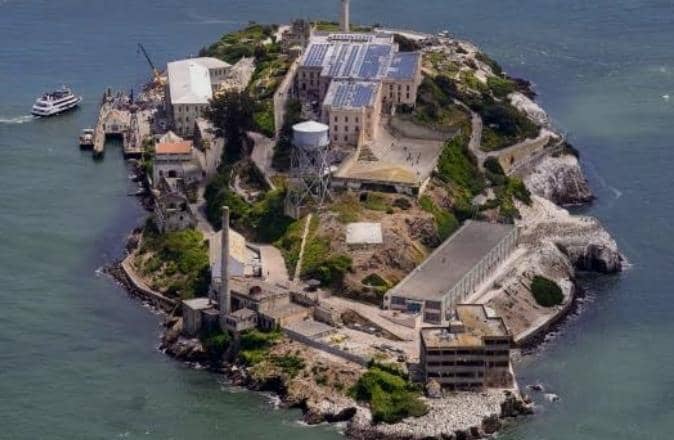OSHIKANGO – The Ministry of Environment and Tourism, as one of the custodians of the environment and natural resources, has been mandated to conserve and maintain biological diversity for current and future generations.
Teofilus Nghitila, Director of Environmental Affairs in the Ministry, made this remark at Helao Nafidi (Oshikango) in the Ohangwena Region on Friday at an event to mark World Environment Day. The celebration started with a clean-up campaign around Oshikango and the planting of trees inside the Helao Nafidi town boundaries.Nghitila said Namibians celebrated international environment days to raise awareness about pressures placed on the fragile environment.Describing the day as the most important event on the international environment calendar, Nghitila said marking the day helped the world to focus on critical environmental issues that affected people around the world.Nghitila emphasised that this year’s theme, ‘Green Cities’, was particularly fitting for developing countries, Namibia included, where population growth and urban migration presented profound challenges to the environment.”In fact, the consequences that are associated with rapid urban population growth are considerable,” said Nghitila.These included waste generation, degradation of local resources and air pollution, crime and drug addiction, urban poverty and unemployment.Secretary of the Northern Namibia Forestry Committee (NNFC), Fillemon Kayofa, emphasised the importance of planting trees to add value to the environment.Kayofa noted that since the establishment of the NNFC in 1992 more than 1 500 schools had taken part in the school tree-planting competition and won prizes during the National Arbour Day celebrations.Through the school tree-planting competitions more than 20 000 trees had been planted on school grounds in northern Namibia, he said.- NampaThe celebration started with a clean-up campaign around Oshikango and the planting of trees inside the Helao Nafidi town boundaries.Nghitila said Namibians celebrated international environment days to raise awareness about pressures placed on the fragile environment.Describing the day as the most important event on the international environment calendar, Nghitila said marking the day helped the world to focus on critical environmental issues that affected people around the world.Nghitila emphasised that this year’s theme, ‘Green Cities’, was particularly fitting for developing countries, Namibia included, where population growth and urban migration presented profound challenges to the environment.”In fact, the consequences that are associated with rapid urban population growth are considerable,” said Nghitila.These included waste generation, degradation of local resources and air pollution, crime and drug addiction, urban poverty and unemployment.Secretary of the Northern Namibia Forestry Committee (NNFC), Fillemon Kayofa, emphasised the importance of planting trees to add value to the environment.Kayofa noted that since the establishment of the NNFC in 1992 more than 1 500 schools had taken part in the school tree-planting competition and won prizes during the National Arbour Day celebrations.Through the school tree-planting competitions more than 20 000 trees had been planted on school grounds in northern Namibia, he said.- Nampa
Stay informed with The Namibian – your source for credible journalism. Get in-depth reporting and opinions for
only N$85 a month. Invest in journalism, invest in democracy –
Subscribe Now!










